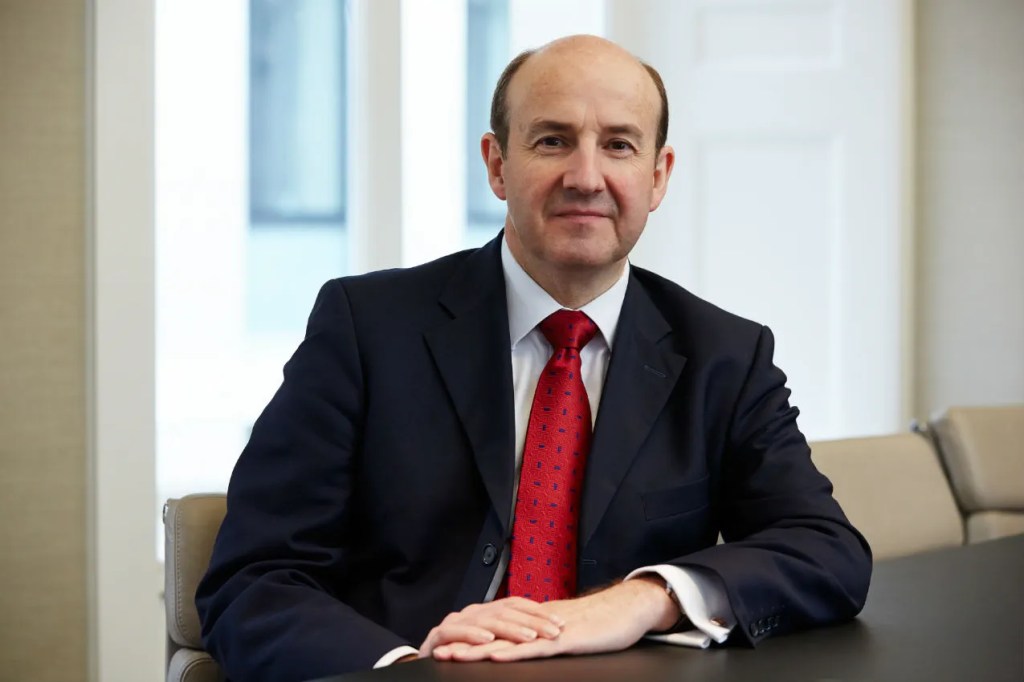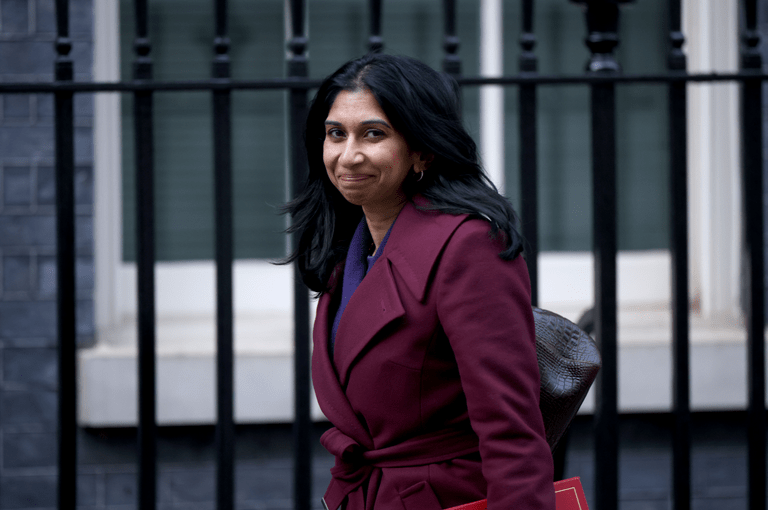The new Economic Crime Plan 2 is set to bring in 475 new financial crime investigators, and will support new critical reforms to fight economic crimes. These include support for victims, and reinvesting illicit funds back into tackling economic crime. The £400m ($495m) investment required will, says the plan, be raised equally from government funds and private sector investment.
Building on the package of sanctions imposed on Russia for invading Ukraine, the plan will also expand the National Crime Agency’s Combatting Kleptocracy Cell to target even more corrupt elites and their enablers.
“Corrupt elites and criminal gangs who abuse our financial system will be identified and stripped of their cash through a new plan to tackle economic crime”, the new plan declares.
Next level
“The reforms detailed in the Economic Crime Plan are crucial to move us to the next level in our fight against the dirty money that fuels serious and organised crime. They will enhance our capabilities to identify illicit finance and drive it out of the UK; targeting corrupt elites, and the money launderers criminal gangs rely on”, said Graeme Biggar, Director General of the National Crime Agency (NCA).
Bringing on new crime investigators is expected to recover an additional £1bn ($1.2bn) in criminal funds over the next 10 years. In September 2022, fraud accounted for approximately 41% of all crime experienced by adults in England and Wales. And the NCA reckons over £100bn ($124bn) is laundered every year through the UK or UK corporate structures.
“Economic crime undermines the integrity of our financial system and weakens our national security. Through robust legislation and a strengthened law enforcement response, we’ve come a long way in cracking down on dirty money, but this plan helps us go further”, said Home Secretary Suella Braverman.
Combat kleptocracy
The Economic Crime Plan 2, which is to be rolled out over three years, intends to deliver real-world outcomes to cut crime, protect national security, and support the country’s economic growth and competitiveness. The work will be enhanced through cooperation between government, law enforcement, supervisory agencies and the private sector.
Besides adding 475 new financial crime investigators to tackle money laundering and asset recovery, the plan will also seek to cut fraud by:
- taking a new approach to public-private prioritisation, including establishing joint goals to maximise resources to prevent, detect and disrupt financial crimes;
- using new state-of-the-art-technology and use tools such as advanced data analysis to stay ahead of game;
- creating a new crypto cell, which will bring law enforcement agencies and regulators together to tackle criminal abuse of digital assets;
- reforming the UK’s supervisory regime, and encouraging information and intelligence sharing in order to handle criminality more effectively;
- expanding the Combatting Kleptocracy Cell, by using the NCA’s expertise to target corrupt elites, their enablers and money.
Private sector key player
With rapidly growing threats, the plan, funded by £200m from HMG investment and £200m from the Economic Crime (Anti-Money-Laundering) Levy raised from the private sector, relies on cooperation with the private sector to make it successful.
“Backed by our partnership with the private sector, we have the resources and expertise we need to identify criminal networks and confiscate the proceeds of their illicit activities”, Braverman added.
“The reforms detailed in the Economic Crime Plan are crucial to move us to the next level in our fight against the dirty money that fuels serious and organised crime.”
Graeme Biggar, Director General, NCA
Michael Izza, Chief Executive of the Institute of Chartered Accountants in England and Wales (ICAEW), said that developing this partnership was an important step to crack down on money laundering.
“Tackling economic crime and driving dirty money out of the UK’s financial systems will be best achieved by government working closely with professional body supervisors, and we look forward to collaborating on the actions outlined in the second Economic Crime Plan,” he said.

National security
The UK will also invest £100m ($1.2m) in “cutting edge technology” to provide law enforcement with proper tools to combat criminals.
“Collaboration against economic crime is more important than ever given the threat posed to national security”, according to Bob Wigley (UK Finance), Hannah Gurga (ABI), Michelle (Accountancy AML Supervisor’s Group), Elaine Smyth (Accountancy AML Supervisor’s Group) and Ian Jeffery (The Law Society of England and Wales) who issued a joint statement on the plan.
“To tackle fraud at source we must establish a whole-system approach across industry initiatives, online prevention, public-private partnerships and the Government Fraud Strategy, including closing vulnerabilities and commensurate resourcing for law enforcement and the criminal justice system.”
Read the Economic Crime Plan 2 here.


